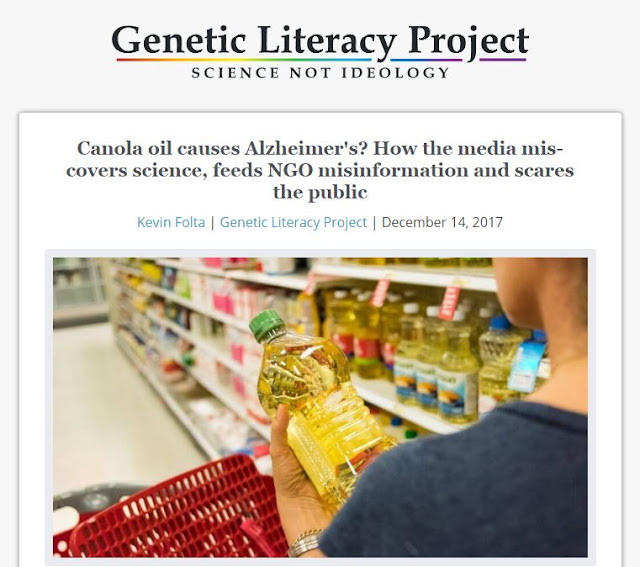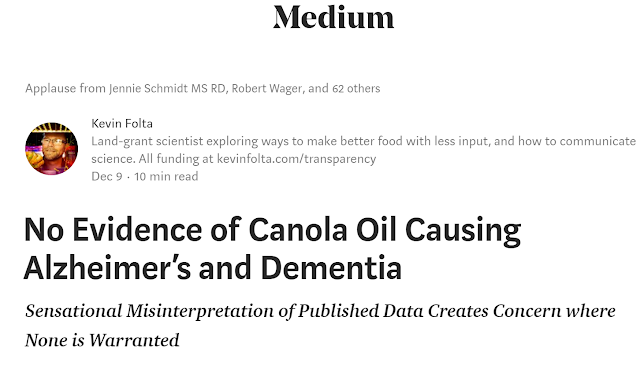Thanksgiving is one of my favorite holidays. Everyday I feel so grateful for being able to serve the students and faculty at my university, the farmers of our state and nation, and the public that wants to learn more about food and farming. Still every day we must endure challenges posed by those that want to stop progress, and want to stop our mission. But things are slowly changing. It is because of the huge number of people that are stepping into engage others with evidence-based arguments. And special thanks to everyone that defends the scientists and farmers that passionately share what they do, and why it is important. For all of these things, I am grateful. Peace, and Happy Thanksgiving.





